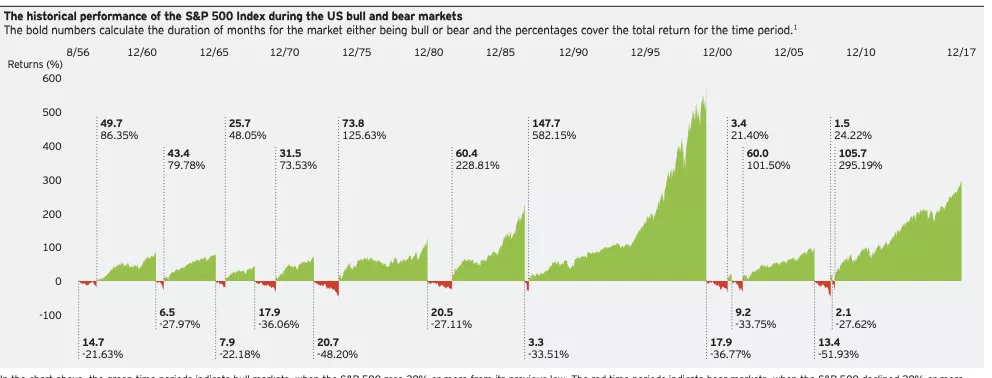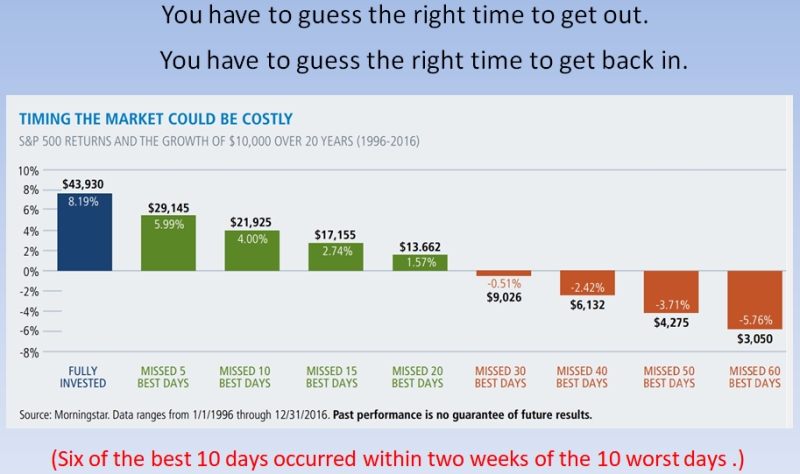Miscellaneous thoughts t think about-Part II
Paper wealth is not real wealth. Until you sell, you have made nothing.
It is typical of long bull markets that holders fall in love with their holdings and consider capital gains as money in the bank (without actually cashing out and putting cash profits in the bank).
Profit is fact; everything else is commentary
Just remember, Wall Street will never tell you to sell
I prefer to leave the party early, in the knowledge that I can walk away with ease.
it’s not about how much you make in the boom times, it’s about how much cash savings you keep and what your burn rate from expenses looks like. Liquidity is everything. Lesson for life.
What were we thinking?” people will ask. The answer of course: most weren’t thinking, they were just hoping they could gamble, win, keep playing and somehow keep the proceeds without ever cashing out. Suffice to say, the odds aren’t favorable.
Don’t worry about what other people think; most of them are broke.
The key is never risking it all because you don’t want to replay the game.
Risk is often silent. By its nature, the existence of risk is not realized until it is too late
Hope is not a strategy.
The best course is for individuals to proactively control and limit risk exposure before loss cycles hit so that we don’t lose money and have liquid cash to buy investment assets once they retrace to good value. At that point income yields are two and three times higher than those collected near cycle highs, and we don’t waste years just trying to make back losses
Paper wealth is not real wealth. Until you sell, you have made nothing.
It is typical of long bull markets that holders fall in love with their holdings and consider capital gains as money in the bank (without actually cashing out and putting cash profits in the bank).
Profit is fact; everything else is commentary
Just remember, Wall Street will never tell you to sell
I prefer to leave the party early, in the knowledge that I can walk away with ease.
it’s not about how much you make in the boom times, it’s about how much cash savings you keep and what your burn rate from expenses looks like. Liquidity is everything. Lesson for life.
What were we thinking?” people will ask. The answer of course: most weren’t thinking, they were just hoping they could gamble, win, keep playing and somehow keep the proceeds without ever cashing out. Suffice to say, the odds aren’t favorable.
Don’t worry about what other people think; most of them are broke.
The key is never risking it all because you don’t want to replay the game.
Risk is often silent. By its nature, the existence of risk is not realized until it is too late
Hope is not a strategy.
The best course is for individuals to proactively control and limit risk exposure before loss cycles hit so that we don’t lose money and have liquid cash to buy investment assets once they retrace to good value. At that point income yields are two and three times higher than those collected near cycle highs, and we don’t waste years just trying to make back losses




